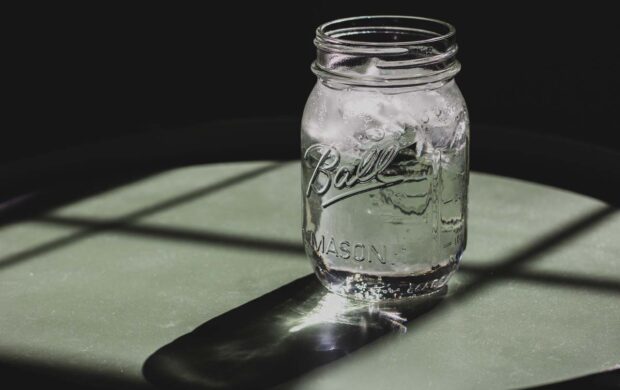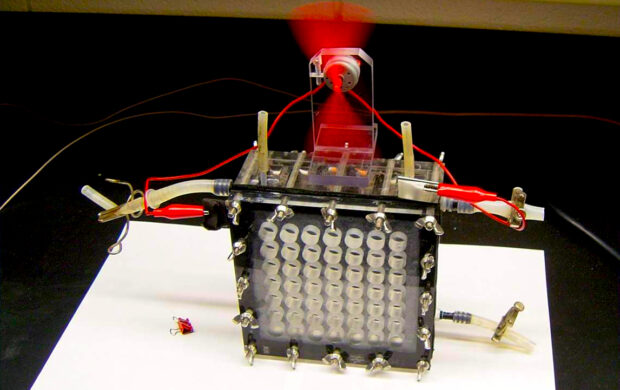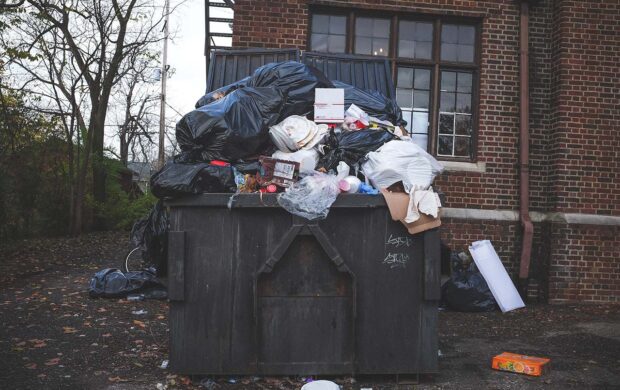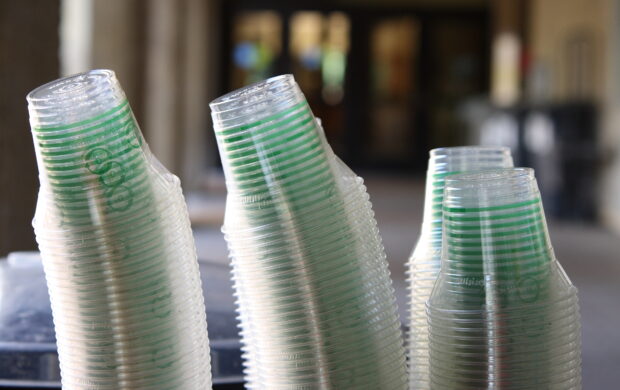A recent publication in the journal Science has led scientists to believe we might have come full circle in the plastic conundrum: first developing a material that cannot biodegrade, then developing a way to enable it. The starting point? The discovery of a plastic-eating bacteria. The bacteria eats the polymer PET which the majority of plastic bottles are made from.
Could a new plastic-eating bacteria help combat this pollution scourge?
Nature has begun to fight back against the vast piles of filth dumped into its soils, rivers and oceans by evolving a plastic-eating bacteria – the first known to science. In a report published in the journal Science, a team of Japanese researchers described a species of bacteria that can break the molecular bonds of one of the world’s most-used plastics – polyethylene terephthalate, also known as PET or polyester.






